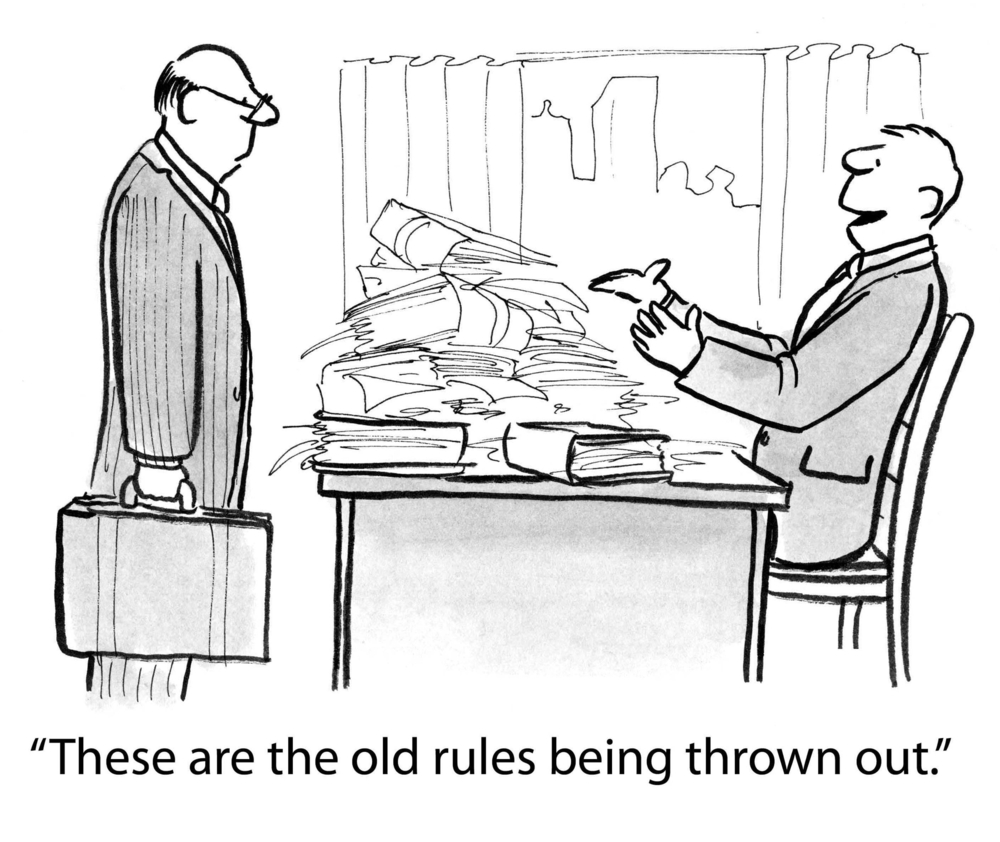In August of 2016, we reported that the Ninth Circuit created a deeper circuit-split on whether class action waivers in arbitration agreements violate the National Labor Relations Act (“NLRA”) with its decision in Morris v. Ernst & Young LLP.
As expected, the Supreme Court granted review today of three of the conflicting Court of Appeals decisions. It granted review of the Fifth Circuit’s decision in Murphy Oil USA, Inc. v. NLRB, 808 F.3d 1013 (5th Cir. 2015). The Fifth Circuit rejected the National Labor Relations Board’s (“NLRB”) position that class action waivers unlawfully interfere with employees’ NLRA rights to engage in concerted activity, agreeing with the Second and Eighth Circuits. The Ninth and Seventh Circuits, on the other hand, adopted the NLRB’s position that class action waivers violate the NLRA.
The Supreme Court also granted review in Morris v. Ernst & Young, 834 F.3d 975 (9th Cir. 2016) and Epic Systems Corp. v. Lewis, 823 F.3d 1147 (7th Cir. 2016). The Seventh Circuit held that an arbitration agreement precluding collective arbitration or collective action violates section 7 of the NLRA and is unenforceable under the FAA. The Ninth Circuit agreed and concluded that compulsory class action waivers violate sections 7 and 8 of the NLRA by limiting workers’ rights to act collectively, noting in footnote 4 that agreements containing an “opt-out” clause for pursuing class claims do not violate the NLRA.
All three cases have been consolidated and will be argued together.











